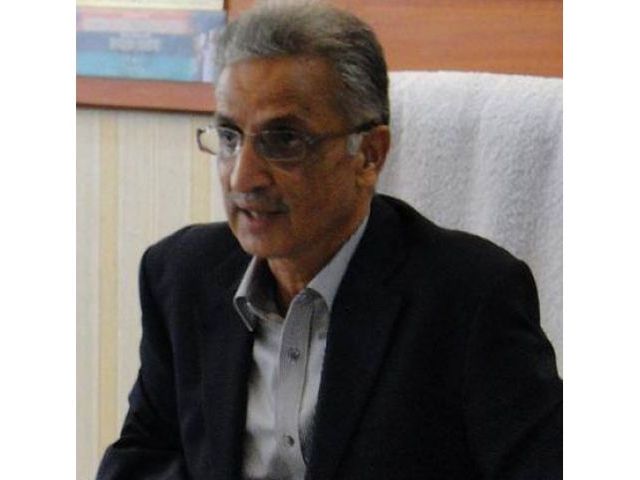
Another secretary looks after the third section relating to the universities and examination boards.
A notification issued by Sindh chief secretary Muhammad Siddique Memon on Thursday says that the division was done as per a provision of clause (3) of Article 139 of the Constitution. The decision came after Chief Minister Murad Ali Shah declared an ‘education emergency’ in the province and was taken after an education department meeting on September 9, which was presided over by Shah. He explained the reasoning behind this action by saying that one secretary could not possibly handle the large number of schools and colleges in Sindh.

Official sources said that education secretary Pechuho is likely to retain the primary section and another secretary will be appointed for colleges. “This decision was made three years ago but its implementation was a big problem because the education secretary was not willing to surrender his powers,” said sources in the education department, adding that Pechuho, who happens to be the brother-in-law of Pakistan Peoples Party co-chairperson Asif Ali Zardari, was ‘unwilling’ to hear the then chief minister, Qaim Ali Shah, and became a stumbling block in the way of bifurcation of the department. “When the final decision was made by the new chief minister, Pechuho, in his last attempt, tried to convince the CM to put universities and boards under him but all in vain,” said the official.
Until the issuance of this notification, the department was solely headed by Pechuho who will retain the charge of both the schools and colleges departments until the appointment of a new secretary. With the bifurcation of the department, the directorates of schools and colleges will also be divided accordingly.
The schools and colleges sections will be headed by separate designated secretaries. Nevertheless, the secretary of universities and boards will retain his position. The department will have three secretaries each working for schools, colleges and universities and boards, separately.
As per the notification, the secretary of schools will be in charge of all the public and private schools, curriculum, assessment and research, directorate of non-formal education and literacy, planning and development of schools, monitoring and evaluation, Sindh Education Foundation, Reform Support Unit, textbook boards and all schools-related projects.
Meanwhile, college education secretary will be in charge of all private and public colleges, Sindh education policy, Higher Education Commission, technical education, Sindh Technical Education and Vocational Training Authority, planning, development and research for colleges, inspection and evaluation committee, infrastructure and registration of colleges and monitoring policy of the colleges.
The schools secretary will be handling 46,039 public schools in Sindh, with a budgetary allocation of Rs1.51 billion for elementary education and Rs6.86 billion for secondary education, respectively.
A sum of Rs4.59 billion is the allocation for college education for 271 public colleges in Sindh, of which 125 of the colleges are located in Karachi alone.
According to Sindh Professors and Lecturers Association’s Karachi head, Ferozuddin Siddiqui, a summary to bifurcate the department was presented six months ago because it is impossible for a single secretary to handle so many schools and colleges.
Published in The Express Tribune, October 7th, 2016.

















COMMENTS
Comments are moderated and generally will be posted if they are on-topic and not abusive.
For more information, please see our Comments FAQ